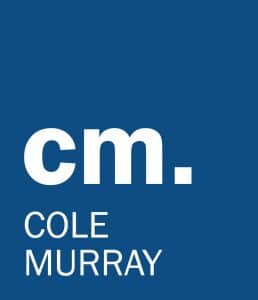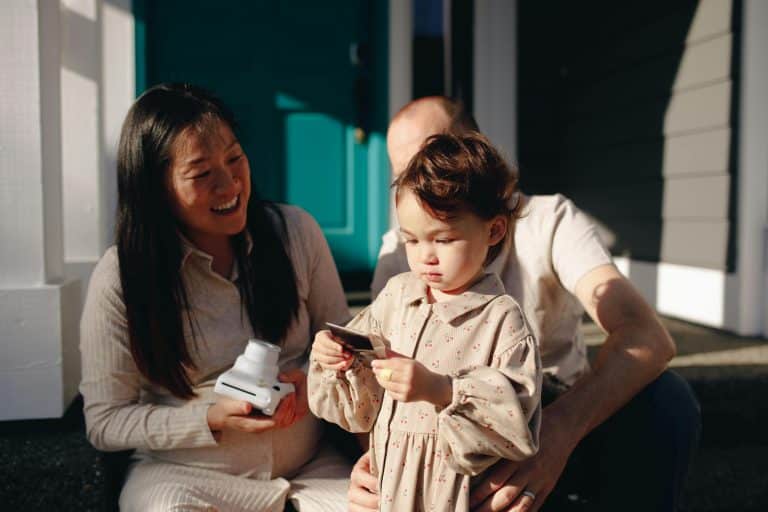With thanks to Brookfields Lawyers, Auckland for contributing this article, and allowing us to curate it.
The residential care equation – will you need it?
Statistically, few of us will require long term stay in a rest home or hospital. At age 65, 5% of the population is in care. This increases to 21% once we reach the age of 85.
Of the 85+ population the average stay in rest home/hospital care is 18 months. However, 54% of those over 85 will probably die in care. This high percentage of people dying in care is not because they are in long term residential care but because of the numbers that will be in respite care.

Eligibility for a residential care subsidy is assessed by the Ministry of Social Development (“MSD”). About 10 years ago MSD changed the asset levels for eligibility for the residential care subsidy. These changes markedly increased the value of assets that an applicant could retain and still be eligible for the subsidy. However, MSD then became more vigilant to ensure that when an applicant had resources available to them, those resources are used before seeking financial support from the state.
MSD, in determining whether someone is eligible for the subsidy assesses each applicant on the value of their assets and their ability to pay for his/her care. If the applicant’s assets are above the set thresholds, the subsidy will be declined. However, once assets have been used to pay for care so that the assets held are under the thresholds, a new application can be submitted.
What are the subsidy thresholds?
For the year 1 July 2017 to 30 June 2018, the asset limits are:
- $224,654 for a single or widowed person in care (including the value of their home and car).
- $224,654 for a couple with both partners in care
- $123,025 for a couple with one partner in care (excluding their home and car). Couples, with one partner in care, can choose to be tested under the $224,654 threshold, but the house and car will not be exempt.
Some assets are excluded from the MSD assessment including household furniture, personal belongings and up to $10,000 per person of pre-paid funeral expenses. Assessment is made on a per application basis. For this purpose, the assets of the couple are assessed. A contracting out/pre-nuptial agreement does not exclude assets from the assessment. The application is on the basis of assets available to the couple.
Can I just give away my wealth, or put my assets in a trust? (aka. Deprivation of assets)
In its assessment of financial eligibility, the MSD takes into account ‘’deprivation’’ and excess gifting. Gifting is where assets have been transferred to a trust or another person for less than value.
The current gifting limits are per application, $6,000 for each 12 month period in the five years before the date of assessment and $27,000 for each 12 month period prior to this. Note, for a couple an application from one of them equates to an application by both of them, that is, $13,500 each.
Where an applicant has gifted more than this, the excess gifting is added back as if it were an asset still held by the applicant; and available to pay for care. Where gifts have been made to a trust, MSD ‘’looks behind’’ the trust to determine whether the applicant will receive a residential care subsidy from the government. Applicants ‘’are not allowed to preserve their resources for the use of their families or themselves by gifting beyond a permitted limit’’ (Bridgford v MSD CA 122/2013 [2013] NZCA 410 para. 17).
MSD may also determine that deprivation has occurred where assets were gifted away, sold at undervalue, an inheritance is renounced or reduced or where ownership was transferred to a third party. MSD has very broad powers under s 147A of the Social Security Act 1964. What are lawful acts may still be regarded as deprivation.
Income Deprivation
Under the MSD assessment, income earned by the applicant(s) may also be required to be contributed towards the cost of care.
At present the first:
- $982 per year for single clients; or
- $1,964 for a couple both in care; or
- $2,946 for a couple with only one in care, is excluded from the contribution.
Also, if the applicant has, for a number of years, been receiving income from a trust or another source which stopped when they went into care, this may be viewed by MSD as deprived income and counted back into the asset pool.
What does it mean for trusts?
MSD views the act of settling assets into a trust as an act of deprivation. This is because, by its nature, the settlement of assets into a trust involves the transfer of ownership away from the applicant. The Ministry is concerned with putting the applicant back into the position they would have been in ‘’but for’’ the deprivation.
There are many trusts that hold a single asset, the family home. Under current MSD policy if one of the couple is in care, they own their house and their assets are under the threshold, they will receive the subsidy.
However, if a trust owns the house and the couple had exceeded the gifting limits, they may not receive the subsidy. For example, the couple had gifted $27,000 each year for a period of 12 years (a total gift of $628,000, being the value of the house). The last gifts were made 4 years ago.
The calculation for assessment would be:

MSD will add back $345,000 to the couple’s asset pool. They will not be eligible for the subsidy. If the gift had been made in a single gift of $628,000, being the value of the house, again they will not be eligible for the subsidy. Whereas, if a couple owned the same house personally and had $110,000 of other assets, they would, under current MSD policy, receive the subsidy.
It is common for assets to be settled upon a trust through the use of an interest free loan. MSD will view the loan as an asset of the applicant. In the example above, $628,000 (or the ungifted portion of the loan) will be part of the applicant’s assets. In addition, uncharged interest may be viewed as deprived income. Also, MSD may look at the trust income for example, from a rental property owned by the trust, and determine that this is “deprived income” which must be used to pay for care.
So, what can be done?
There are many good reasons for setting up a family trust. However, in a situation where an older person wants to settle a family trust in order to qualify for a residential care subsidy, the chances that he/she may end up worse off than if no trust had been settled, are very high.
In some instances, where a trust has been settled, consideration should be given to unwinding the trust. Of course, this will come at a cost.
Sound familiar? Reach out.
Do get in touch if you wish to discuss how residential care or hospitalisation may affect the strategy for your future wealth. We can help by building residential care into your wealth plan, and would be happy to point you in the direction of a good lawyer if you need advice in that area as well.
This article is © Brookfields Lawyers 2017. All rights reserved.




